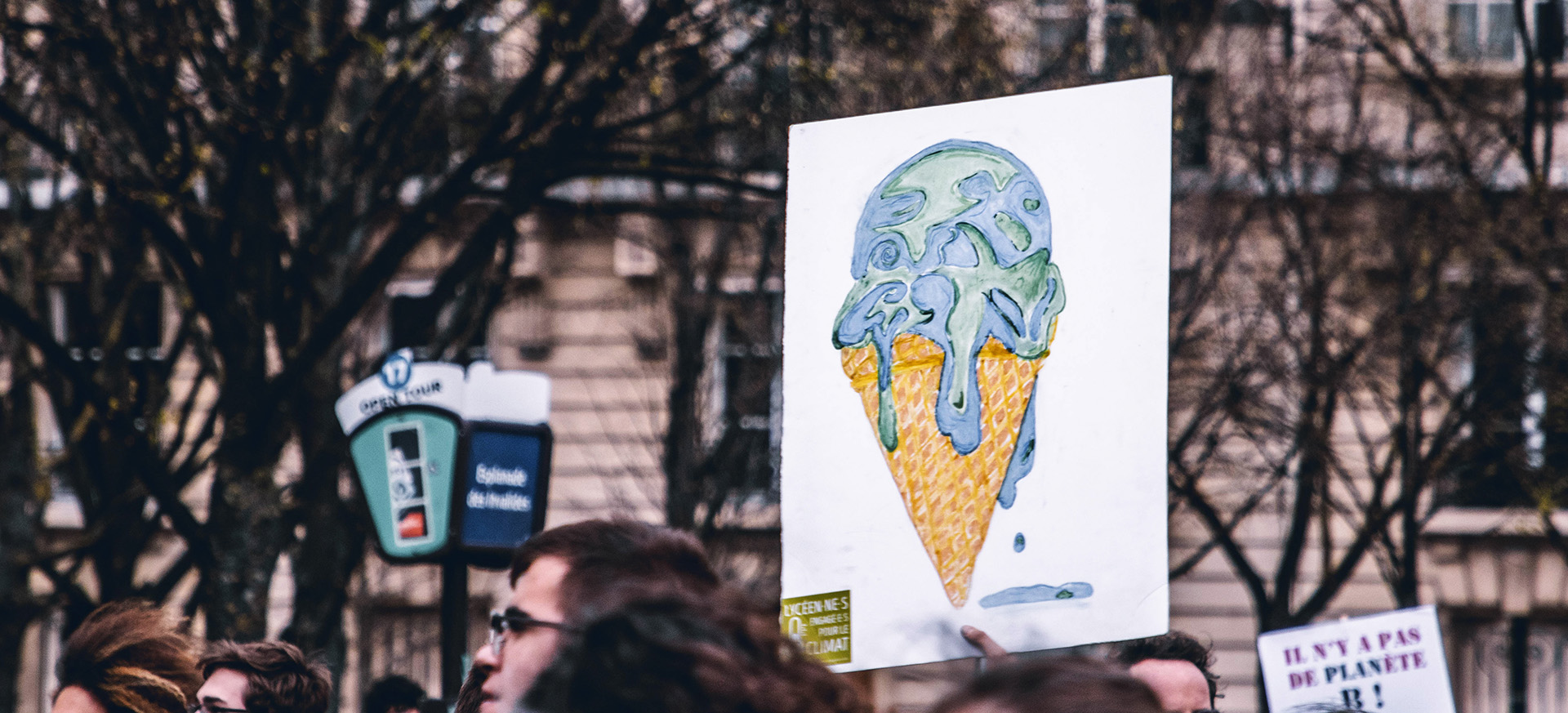Climate change: We need to talk about it!

Some things are hard to talk about. They are hard because I am afraid of hurting or of being hurt. I may not want to feel the emotions that I have attached to that topic. I may also be afraid of someone jumping to negative conclusions about me — conclusions that might remain unspoken.
This weekend I had the privilege of hearing Dr. Katharine Hayhoe, a climate scientist and professor of political science at Texas Tech University, and guest speaker at our annual Religion and Science Conference. (Here’s coverage of her presentations and I highly recommend her YouTube channel, which puts a lot of things about climate science into plain English.) She is also an evangelical Christian, and an unusually talented communicator.
Dr. Hayhoe is certain that climate change is real and that we humans are causing it. She explained that our future will entail some combination of mitigation, adaptation and suffering. It’s an open question whether we can mitigate and adapt quickly and effectively enough to avoid extreme and widespread suffering. Gulp.
So what is holding us back from real action to mitigate climate change? Based on U.S. national survey data, Dr. Hayhoe argues that our biggest stumbling block is that we don’t talk about it! And because we don’t talk about it, we are more and more polarized into social groups of people who believe that climate change matters, and those who believe that climate change won’t really affect us.
The good news is that learning to talk about it is relatively do-able — right? Is learning to talk about climate change (and other polarizing issues) a crucial form of peacemaking in 2019? I wholeheartedly believe so.
Goshen College is working at climate change mitigation in all sorts of ways and throughout our operations and academic disciplines. Our faculty in business, biology, physics, environmental science, sociology, history and humanities are teaching and talking about climate change.
But there is also more that we can and must do. We need to talk about climate change — with each other, and with our neighbors down the street and around the corner.
Are we bringing our very best to bear on what is perhaps the greatest challenge humans have ever faced? What would it look like if we did?
Rebecca Stoltzfus




